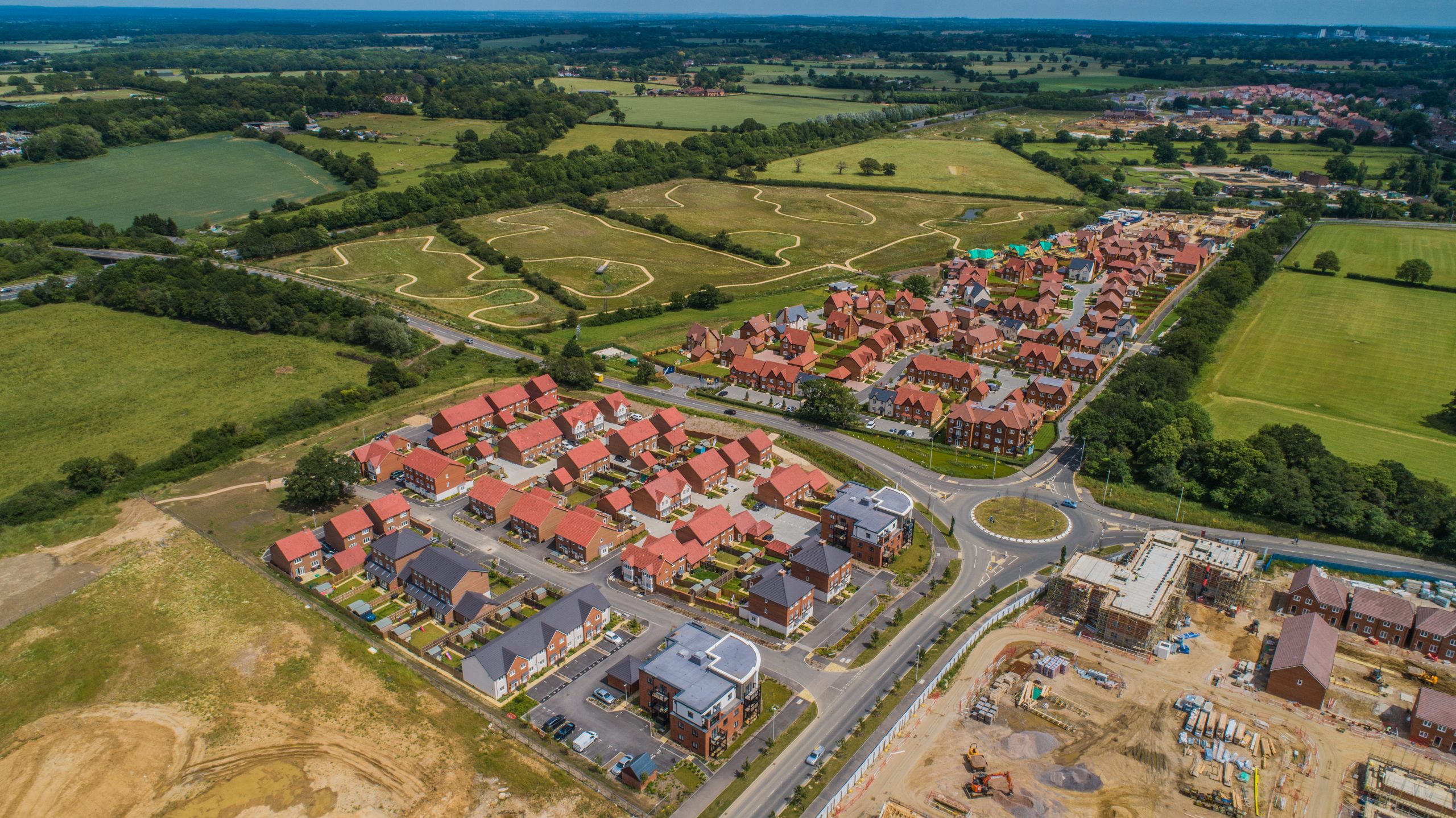CIEEM responds to Government’s Planning Reform Working Paper on Development and Nature Recovery in England
CIEEM has submitted our response to the Government’s Planning Reform Working Paper on Development and Nature Recovery in England.
We have submitted both a short response through the online submission portal (keeping within the severe character limits for each question) and also a longer and more detailed response that we submitted by email. Members are welcome to use either response in their own submissions to Government.
CIEEM welcomes the Government’s intention to boost nature recovery whilst also making the development planning process more effective and efficient. Improving how development impacts on the natural environment are managed through planning process reform could be transformative for nature and developers. However, there are a number of significant issues with the approach as currently proposed in the working paper, and a troubling lack of detail and clarity over how the Government sees the new approach working in practice.
CIEEM urges the Government to pause, reconsider and amend its proposed approach, in ongoing consultation with key bodies such as CIEEM who have a wealth of professional expertise to draw upon. CIEEM’s wealth of expertise can help the Government to devise a system that genuinely works for development/planning and nature recovery. Many CIEEM members work directly with planning day-to-day and are therefore in a perfect position to propose reforms that will work.
We have offered our support to Government in helping to develop a framework to meet the government’s aspirations of achieving both development and nature recovery.
To summarise our full response, CIEEM’s key messages regarding the planning reform proposals are:
- Nature is not a barrier to development, and nature recovery and development can work in harmony with each other. No evidence is provided to support the proposed reforms.
- We recommend re-evaluating the proposed approach, suggesting instead that better resourcing and implementing current system would be a more efficient and faster solution.
- The introduction of a Nature Restoration Fund must not be used to undermine the Mitigation Hierarchy. All plans and projects must always look to avoid and reduce their environmental impact before looking at compensation measures.
- Early engagement of ecologists and other environmental professionals in plan and project design and development will create certainty and clarity for developers.
- Adequately resourcing statutory agencies and Local Planning Authorities will allow faster and more efficient discharge of their duties, and also allow for the creation of the conditions required to support private sector finance and investment in nature recovery.
- Any move to strategic licencing for species beyond great crested newts must be fully evidenced. Government must acknowledge that this approach may likely be inappropriate for other protected species.
- There will be an ongoing need for site-based survey to inform decision-making and plan/project delivery (e.g. Biodiversity Net Gain), as well as monitoring to evidence effectiveness. The collection of these data could be ‘frontloaded’ into the system, but will still be required.
- Any reform of the planning system must respect the environment principles: polluter pays, correction at source, and precautionary principles.
- CIEEM and the considerable expertise within its membership are willing and ready to help the Government to improve the planning system for the benefit of people and nature.
We’d like to thank all of the members who attended the workshop on the Working Paper and who offered comment and advice as we developed the CIEEM response.
We will also shortly be publishing a briefing paper on our response that members may use to engage with their local MPs ahead of the Planning and Infrastructure Bill which is due to be introduced to Parliament in the spring.
